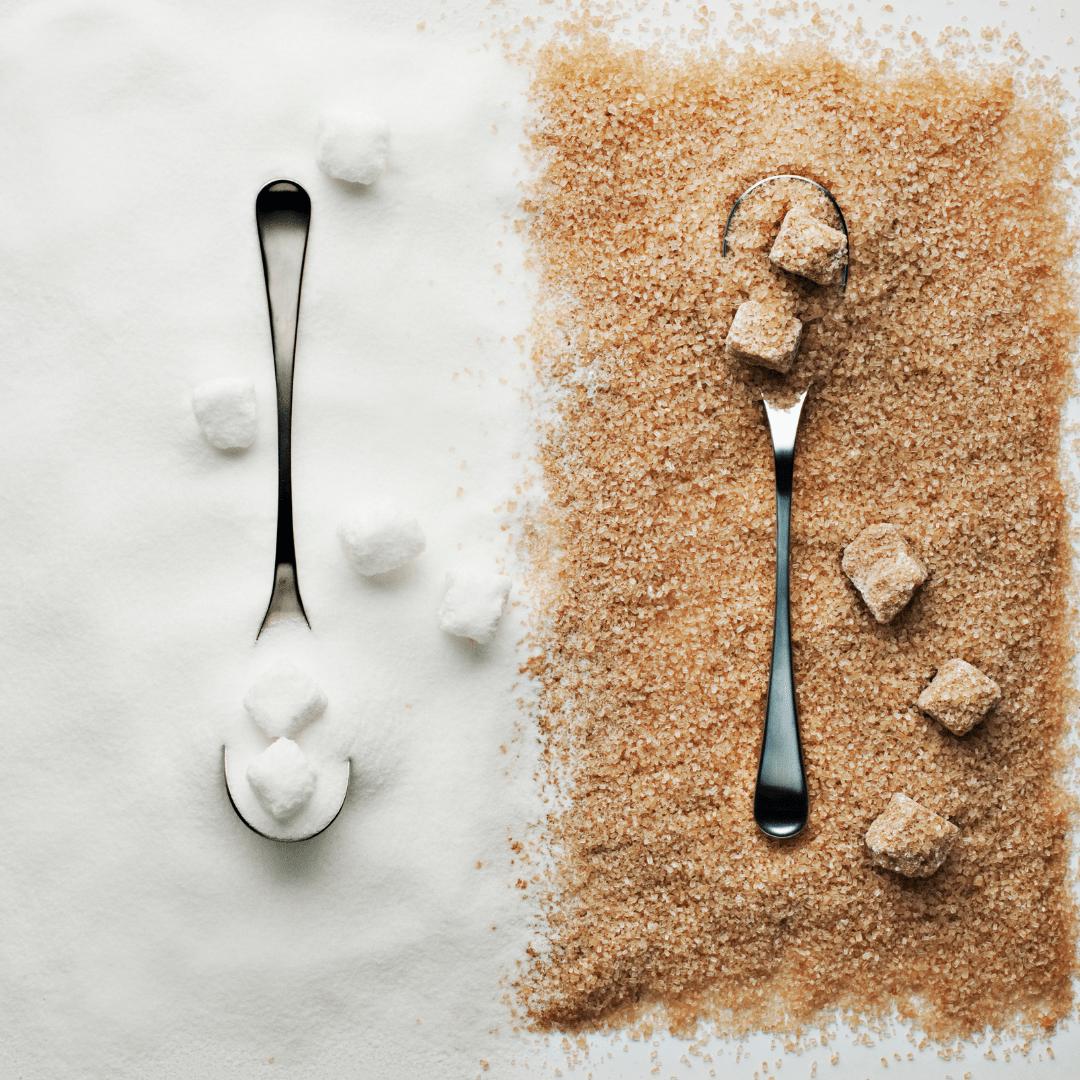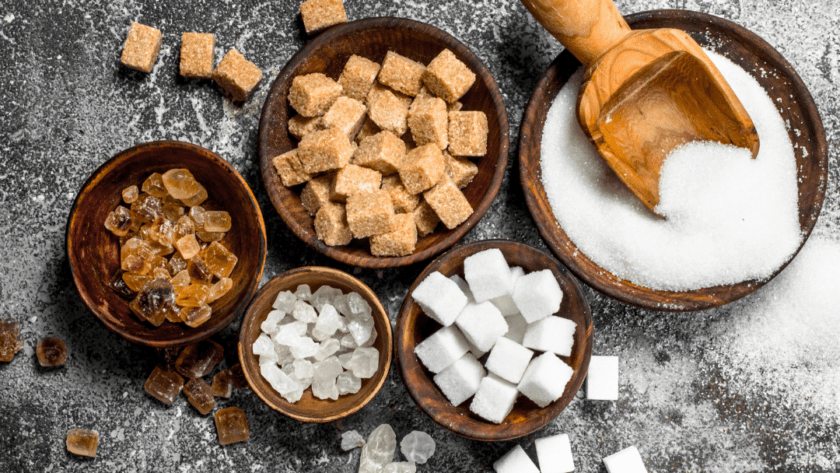A 2020 Statista report projected the world’s sugar consumption to rise to 171.28 metric tonnes by the end of 2021. True to their findings, global consumption was accurate at the set time. Sugar is a crucial food content for the human body. Unfortunately, it seems to be known for almost all the wrong reasons. But the only problem lies with the excessive intake of sugar and the impact that has on general health. However, sugar does plays several crucial roles in the body, and below is a list of some you may not know about.
1. Sugar fuels the body

You may have heard that sugar is fuel for the body, and that is not far from the truth. The sugar referred to here is not necessarily the white or brown granules you add to your coffee or tea. Whether it’s sweet desserts, fruits, pasta – every food you consume contains sugar, and the body can derive it from your meals to fuel your daily activities. Naturally, the human body takes sugar from cells, but it also requires its stock for energy. And it does so from the fructose, glucose, and galactose found in the things you consume.
Different foods contain different levels of these components. For example, honey contains healthy amounts of fructose and glucose, making it a great addition to your breakfast. Therefore, if you want healthy sugars for your body’s metabolism, you may want to try local hive honey options. In fueling your body, the sugar you consume is actively used by the brain, muscles, and the nervous system in general. It explains why when people are unwell and hospitalized, infusion administered tends to contain healthy amounts of sugar to revitalize weakened cells.
2. Sugar helps to control the breakdown of protein
When you consume eggs, fish, chicken, beans, and any other protein-rich food, they help the body build muscles and regulate tissue and organ functions. These are the primary functions of the protein. However, when the human body lacks enough sugar, protein becomes the substitute for energy or fuel. In other words, instead of breaking down sugar to provide energy for the body, protein becomes a replacement. This inadvertently limits or halts the primary function of protein in your body. Perhaps, to stop this from happening, your body is able to derive sugar from every meal you eat. That way, the protein you consume can still perform its principal roles.
3. Energy storage

Whenever you eat, the food is digested, and the body uses the nutrients acquired to help you function. Sometimes though, not every nutrient is used up. For example, the sugars you consume daily are converted and stored in individual cells for later use. Additionally, these stored sugars help in metabolizing the fatty foods you eat. Sugar is converted into glycogen and stored in the liver and muscles during the metabolizing process.
Therefore, when you eat more carbohydrates, instead of the body using them as fuel, some are reserved for future use. So, when you eat potatoes, bread, spaghetti, pies, etc., it helps to remember that they would be converted into sugar (glycogen) for the body’s later use.



